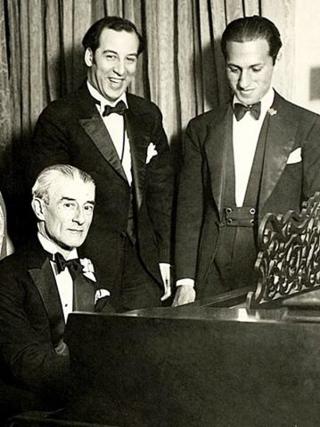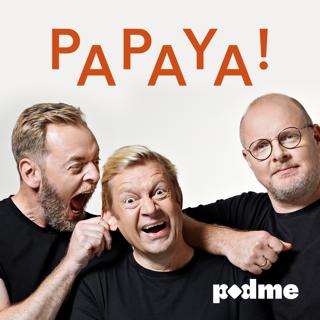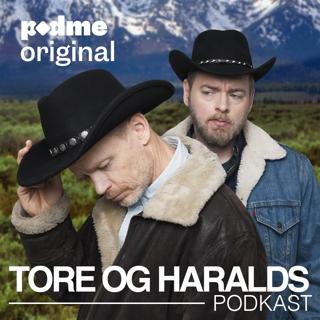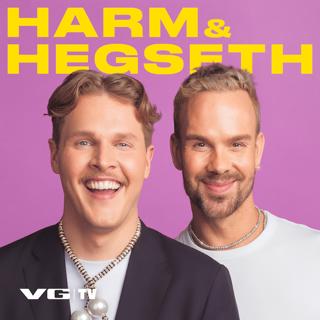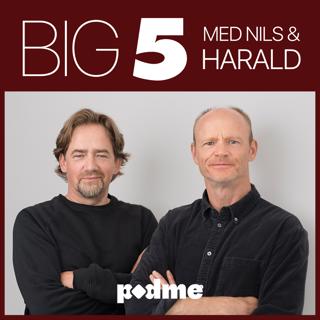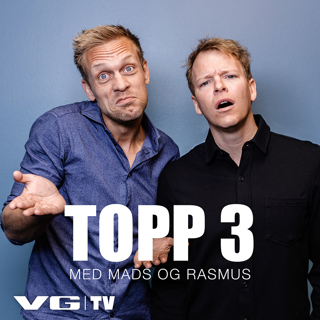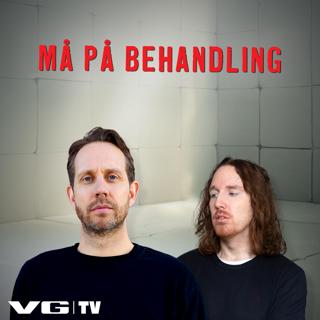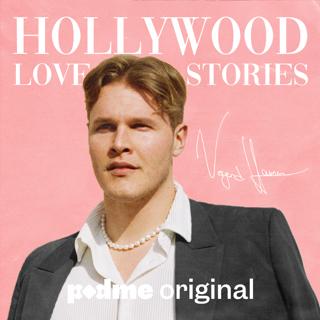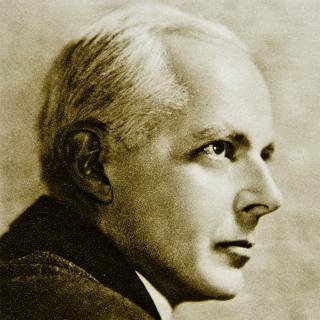
Bartok Concerto for Orchestra, Part 2
Bartok did not have an easy life in the US, and he was constantly both homesick and horrorstruck by the news from across the ocean. The final three movements of his Concerto for Orchestra display some of that heartbreak, but also the life-affirming joy that Bartok found in his final creative resurgence. Today we'll talk about the devastating 3rd movement, the odd fourth movement, a movement that is playful, heartbreaking, and satirical all at once, and finally we'll explore the ecstatic final movement.
9 Apr 202047min
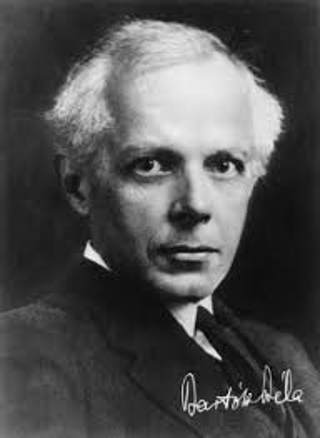
Bartok Concerto For Orchestra, Part 1
In 1944, Bartok, dying of Leukemia and weighing only 87 lbs, was commissioned to write a new orchestral piece. He had not written any music for years, and was barely clinging to life. The commission sparked a creative resurgence for Bartok, resulting in his most beloved piece, the Concerto For Orchestra. This week, on Part 1, we'll talk about the first two movements of the piece, from the alternately brooding and exhilarating first movement, to the second movement, a genuinely funny and charming diversion.
2 Apr 202042min

Shostakovich Symphony No. 7, "Leningrad"
I've been coming back to this symphony again and again over the past couple of weeks. The story of the composition and Leningrad performance of Shostakovich 7 is one of the most remarkable stories of human perseverance, symbolism, and collective action in history. This is a story I haven't told yet on the show, but it couldn't be more relevant today. It is a story about overcoming tragedy. It is a story about hope. It is a story that I think should inspire all of us as we go through this situation together.
26 Mar 202040min
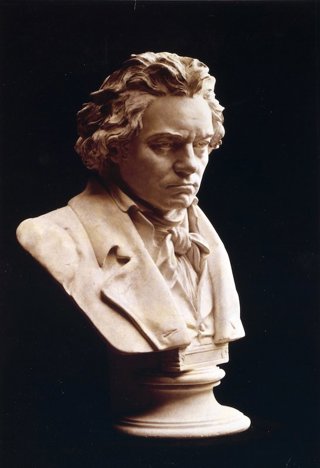
The Overtures of Beethoven
Never fear everyone, the podcasts are still coming during this crazy time! This week I'll take you through 7 of Beethoven's greatest overtures, pieces that distill Beethoven's storytelling abilities, compositional mastery, and blazing fire all down into just a few minutes. We'll also get a chance to explore Beethoven's creative process, and the development of the Overture itself. Come check out the Coriolan, Egmont, and Leonore Overtures 1, 2, AND 3 plus the overtures to Fidelio and Prometheus. Stay safe!
19 Mar 202056min

Schumann Cello Concerto
On today's Patreon-sponsored episode, we'll explore the enigmatic masterpiece known as the Schumann Cello Concerto. This is a piece that has been relentlessly criticized ever since it was written, and yet it remains a part of every cellist's repertoire all over the world. What accounts for this contradiction? This week we'll attack these criticisms head on, and also marvel at the melodic inspiration and formal innovations that run through this underrated gem from a deeply underrated composer.
12 Mar 202046min
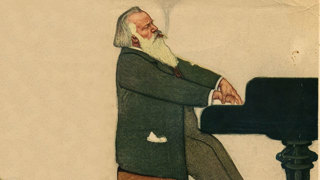
Brahms Symphony No. 3
Brahms' 3rd symphony is his most underrated symphony. It is a nearly perfect piece that transcends the traditional symphonic narrative over its 40 minute journey. So why doesn't it get performed as often as the other 3 symphonies? This week we dissect the symphonies' origins(hint: it has something to do with Clara Schumann), it's unique cyclical structure, and the motto that runs through the entire work. There are few symphonic hikes more satisfying than Brahms' 3rd symphony, so let's start up together!
5 Mar 20201h 1min

How to Be A Film Composer, with Christopher Willis
This week I was joined by the wonderful composer Christopher Willis for a wide ranging and fascinating conversation. Willis, who wrote the music for The Death Of Stalin, Mickey Mouse Shorts, Veep, and the new movie the Personal History of David Copperfield, divulged many secrets about the film composing world in this fascinating interview. How does music correspond to actions on screen? What is the process of how film music is created? All these questions and more are answered today!
6 Feb 202040min
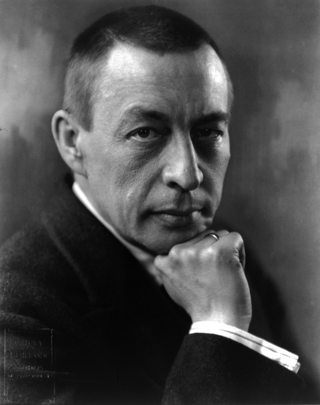
Rachmaninoff Piano Concerto No. 3
Rachmaninoff remains extremely popular as a composer. But at the same time, a kind of condescending attitude continues to linger about Rachmaninoff's music. People say it sounds like movie music, it's too sentimental, etc. etc. In fact, Rachmaninoff's music is as well put together and as innovative as any composer of his time, just in a different way. And the third piano concerto is no exception. Today we'll debunk the myth of Rachmaninoff the mediocre composer, with one of his most brilliant works.
30 Jan 202055min
